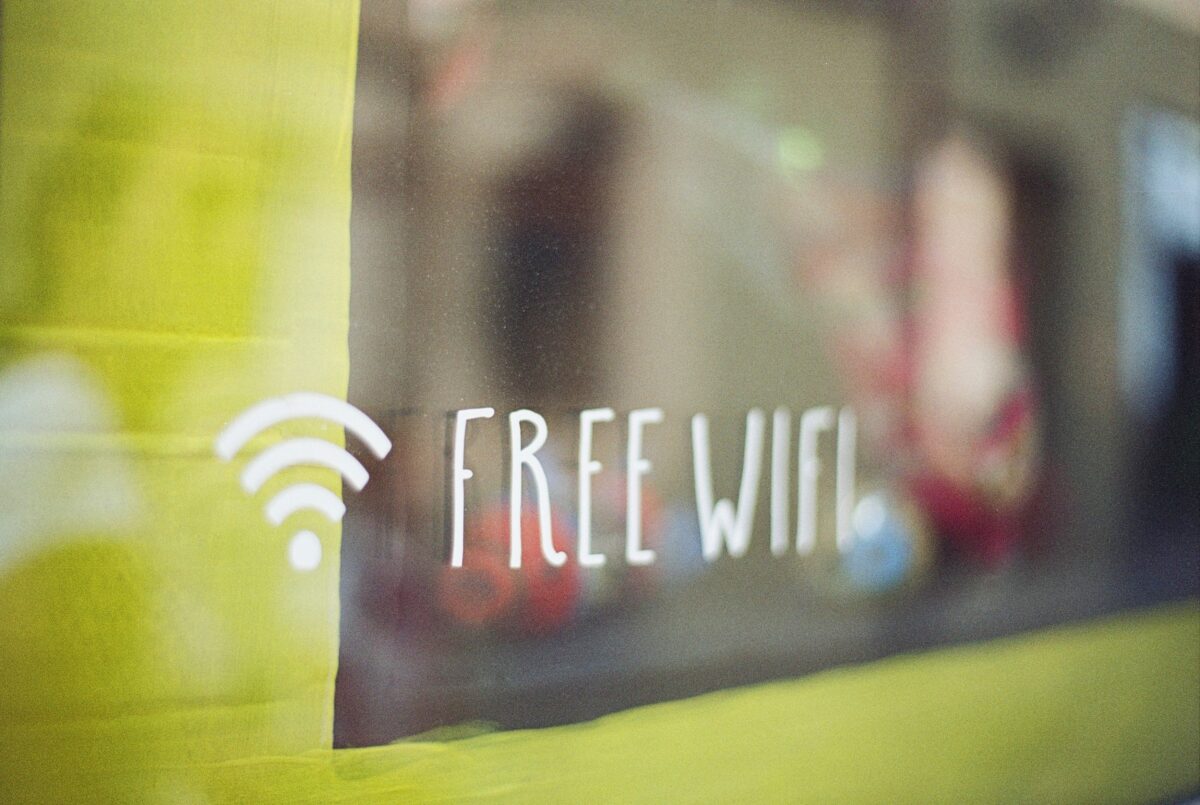How Safe is Public Wi-Fi?
Unencrypted public Wi-Fi networks can be a gateway for hackers and viruses. What can you do to keep your private data safe when using these networks?

The issue
Working online in public is often a necessity. This includes using public Wi-Fi networks which are often a lifesaver when you’re on a deadline. However, public Wi-Fi can be a gateway for hackers and viruses. Public Wi-Fi is often unencrypted, meaning there is no privacy for the information sent between you and the internet. Forbes found that 40% of people have had their data compromised while using public Wi-Fi. When hackers can get into this connection, there are a multitude of ways they can attack.
Malware or ‘malicious software’ can be added to a victim’s computer without them even noticing. This software often arrives as a file or attachment that can steal sensitive data from the device. Hackers can also eavesdrop on the activity of a device, meaning they can see all of the websites visited and information inputted to them. Cybercriminals can also set up their own public Wi-Fi for the sole purpose of hacking. They may use the name of a nearby store or cafe, tricking people into connecting to a network they think is safe.
The solution
The only way to ensure a public Wi-Fi connection is safe is to encrypt it yourself using a virtual private network (VPN). VPNs allow you to protect the data being sent between you and your computer and disguise your online identity and location by hiding your IP address. Hackers and other third parties won’t be able to snoop on your private data because an encryption key is needed to access the data being sent over public wifi through a VPN. With a VPN it’s impossible for anyone but you to know your information or location.
You can contact us to help find and set up a trusted VPN that’s right for you.
Leave a Comment